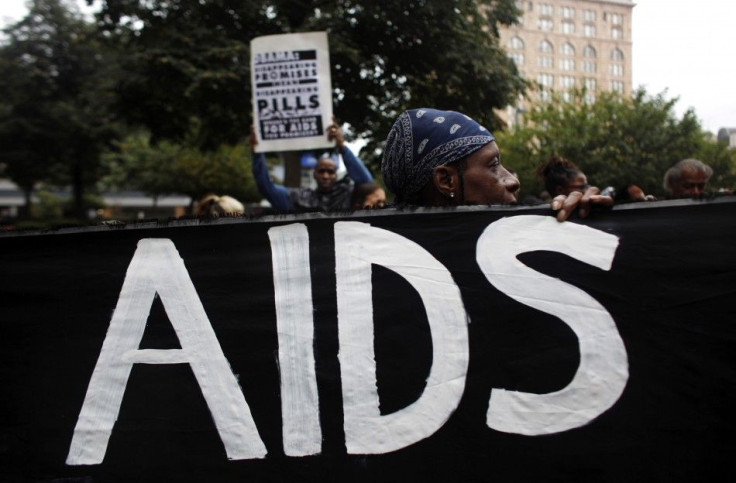Poverty and Unemployment Positively Related to HIV Rates: CDC

Poverty, joblessness, and limited education increase HIV risk among heterosexuals, the CDC reported. The agency found that HIV is more prevalent in those with low socioeconomic status in its first survey among heterosexuals.
The link still applied when traditional HIV risk factors such as crack cocaine abuse and prostitution were accounted for, the CDC reported in the Aug. 12 issue of Morbidity and Mortality Weekly Report.
The report revealed the results of a Sept. 2006 to Oct. 2007 survey conducted by the National HIV Behavioral Surveillance System.
14,387 heterosexual people living in 24 metropolitan statistical areas with high rates of HIV were surveyed. All participants were given an HIV test and a questionnaire. 294 percent of the participants, or two percent, tested positive for HIV, with similar rates in men and women.
The rate was 10 to 20 times higher than the estimated rate among the general heterosexual U.S. population who does not use IV drugs, the agency reported.
There were no differences in prevalence among people of differing racial or ethnic backgrounds. Rates among whites, Hispanics, and others were similar to the 2.1 percent rate among blacks. This is particularly remarkable as HIV prevalence among black is more than eight times that of whites and prevalence among Hispanics is three times that of whites, the CDC said.
According to MedPage Today, the HIV infection rate was 2.8 percent in participants who did not have a high school education and 1.2 percent in those with more than a high school education. The rate stood at 2.6 percent for unemployed individuals and 1.0 percent for those with jobs. Furthermore, the rate was 2.3 percent in those with annual household incomes of $9,999 or less and 1.0 percent in those whose incomes were between $10,000 and $49,999.
The number of new infections in the U.S.consistently stands at about 50,000 per year over the past decade and continues to persist, federal officials said Wednesday.
© Copyright IBTimes 2024. All rights reserved.





















